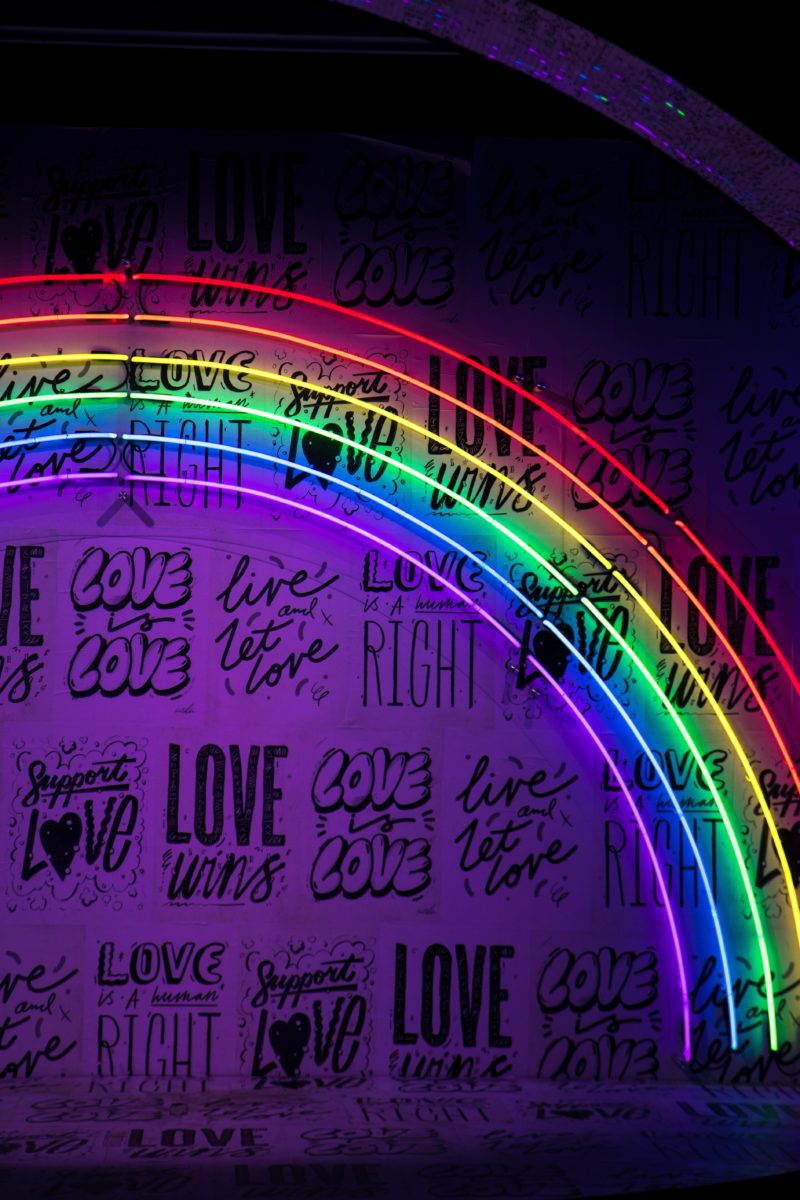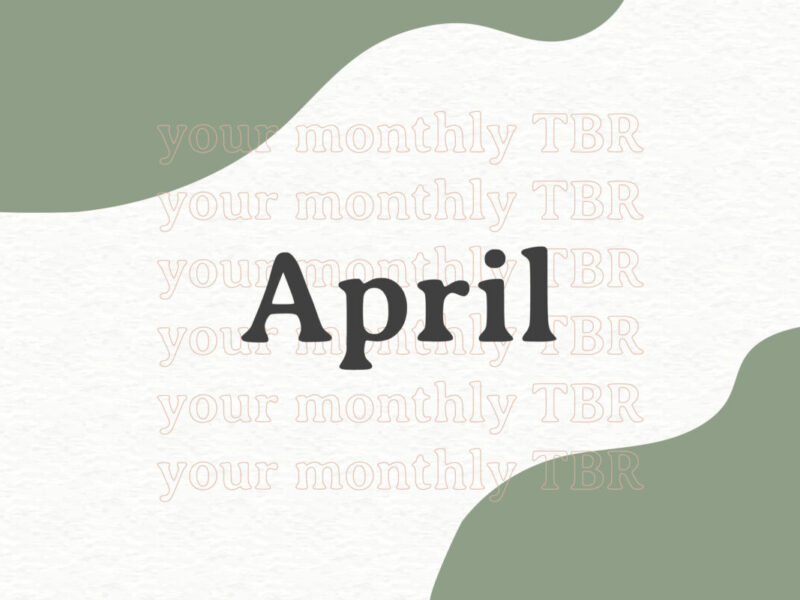Fab 5: A Queer Poetry Reading List for Pride Month
For many people, June is better known as Pride Month, originally designated to commemorate the Stonewall Riots. While the rich inspiration and history remains, Pride Month has evolved to celebrate and lift up the outstanding accomplishments and complex identities of LGBTQIA people.
Poetry has often been used as a tool for marginalized populations to reclaim their own narratives, and this power extends to the queer community. There’s no better way to honor and appreciate LGBTQIA people than by learning their histories and experiences in their own words. Pride Month celebrations often involve slam poetry performances and readings, but you can also showcase your pride or your allyship right on your shelf with these recommendations.
Night Sky with Exit Wounds by Ocean Vuong
A 2017 T.S. Eliot Prize finalist, gay Vietnamese poet Vuong weaves together family, heritage, sexuality, relationships, war, loss, and grief in his acclaimed book Night Sky with Exit Wounds. Above all, Vuong manages to write about these topics with hope and sensuality. In his poem “On Earth We’re Briefly Gorgeous,” he offers a powerful poetic remedy to doubt, writing, “Say amen. / Say amend. / Say yes / Say yes / anyway.”
Soft Science by Franny Choi
In Choi’s Twitter bio, she proclaims herself “your weird gay aunt.” In Soft Science, she pays tribute to how “weird” concepts of sexuality have become, as society merges sexuality with machinery, artificial intelligence, technology, and the porn industry. Choi writes partially to defy this inhuman approach. In “Turing Test,” she writes, “You start with / what you know / hands, hair, bones, sweat / then move toward what you know / you are / not / animal, monster, alien, bitch.”
The New Testament by Jericho Brown
Black queer poet Jericho Brown confronts his religious Southern upbringing and his gay identity in The New Testament, using biblical language and metaphors to explore this intersection. He writes honestly, with up-close, visceral imagery about the daily reality of living in a politicized body, from first queer sexual experiences to police brutality.
“I will begin with the body / In the year of our Lord,” he chronicles, an allusion to the book of Romans then reflect on his own transformation of identity among deeply conservative surroundings. “I let a man touch me until I bled, / Until my blood met his hunger / And so was changed, was given / A new name,” Brown describes.
The Dream of a Common Language by Adrienne Rich
The Dream of a Common Language represents three years of collected poems from one of the most prolific lesbian American poets. The book can best be described as intimate, conversational, and communal — a call for unity rather than division.
It’s a look at how the personal widens into the political and societal. The Dream of a Common Language marked Rich’s first poetic foray into her queerness. She remarked on the process of writing it, famously saying, “The suppressed lesbian I had been carrying in me since adolescence began to stretch her limbs.” In the book, Rich invites us to feel this liberation with her.
Pansy by Andrea Gibson
First known as a slam poet who gained a following by winning the inaugural Women of the World Poetry Slam, genderqueer Gibson has kept hold of this loyal audience by fearlessly addressing their mental health, relationships, and gender identity.
In “A Letter to the Playground Bully, From Andrea, Age 8 ½,” Gibson asserts their full spectrum of identity and their strength, acknowledging, “‘cause maybe I am a boy and a girl / maybe my name is Andrea Andrew. So what.” Alongside this proclamation, Gibson invites others into their accepting fold and becomes an advocate: “so guess what, / if I ever have my own team / I am picking everyone first.”




